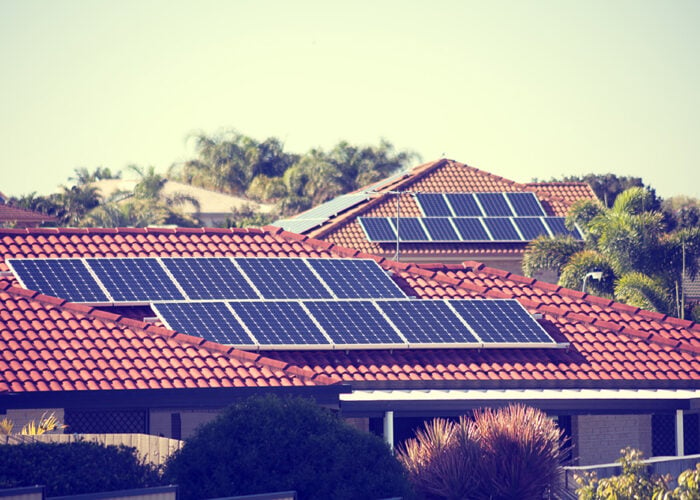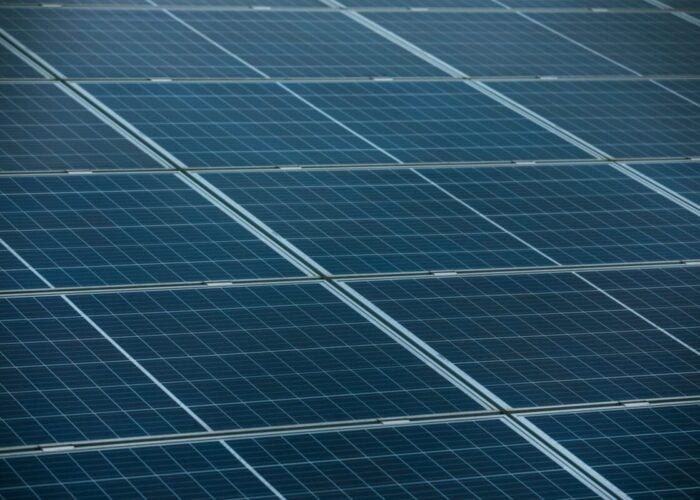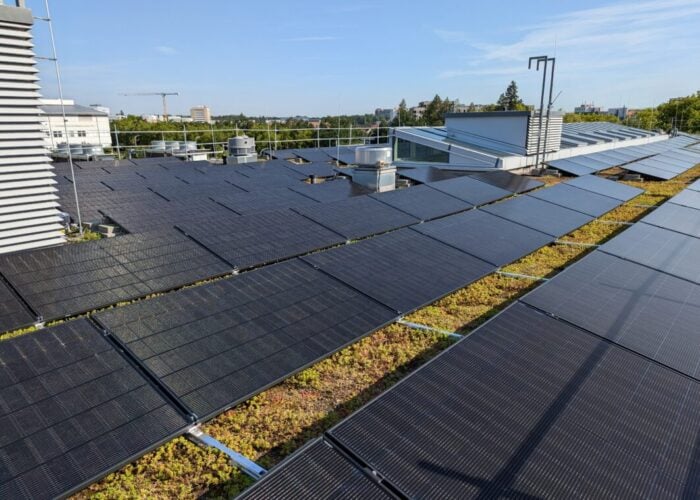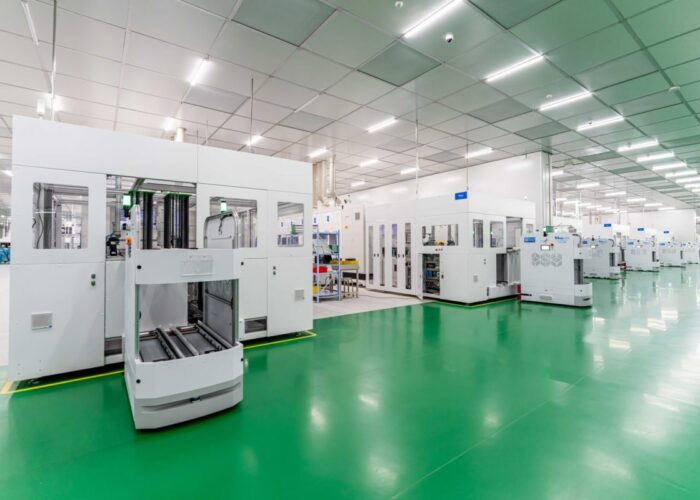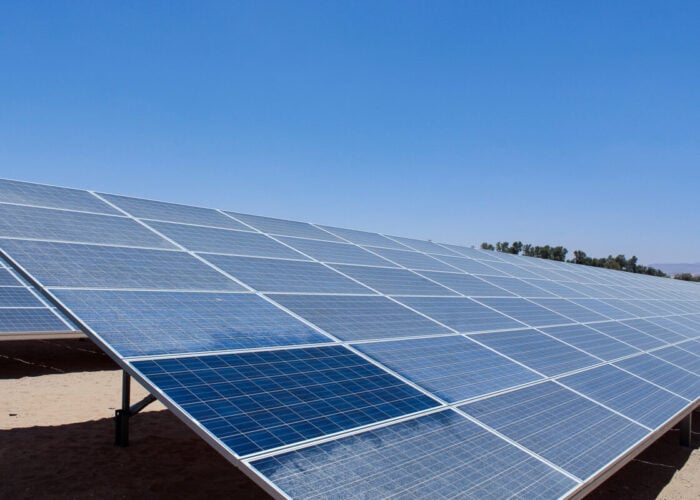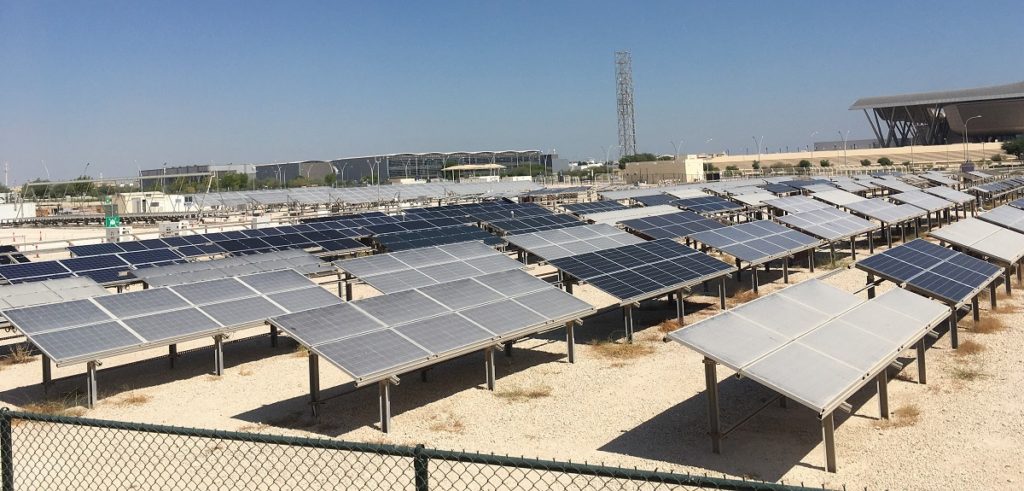
UK-based researchers have secured funding to develop and test a scalable anti-soiling coating for solar modules that could reduce the frequency of cleaning cycles while improving power output.
Having received funding for a three-year study, a team at Loughborough University will aim to create an abrasion-resistant inorganic coating that can be applied at an industrial scale using a chemical process compatible with glass manufacturing.
Unlock unlimited access for 12 whole months of distinctive global analysis
Photovoltaics International is now included.
- Regular insight and analysis of the industry’s biggest developments
- In-depth interviews with the industry’s leading figures
- Unlimited digital access to the PV Tech Power journal catalogue
- Unlimited digital access to the Photovoltaics International journal catalogue
- Access to more than 1,000 technical papers
- Discounts on Solar Media’s portfolio of events, in-person and virtual
Funded by the Engineering and Physical Sciences Research Council, the £1.2 million (US$1.6 million) project is in collaboration with University College London (UCL) and will receive input from aerial solar inspection company Above Surveying, glass manufacturer NSG Group and module cleaning firm Solar Farm Cleaning.
The team will make the coatings through a process called chemical vapour deposition. “This is part of a ‘cradle to grave’ study where we synthesise the starting materials, deposit them as thin films, and then test their functional properties. A successful coating could go a long way to improve the lifetime efficiency of solar panels,” said professor Ivan Parkin, dean of the UCL Faculty of Mathematical and Physical Sciences.
According to Loughborough University, polymer-based hydrophobic (water-repelling) anti-soiling coatings have been shown to work in principle, but their durability is not sufficient to withstand round-the-clock exposure to environmental stresses or to abrasion damage caused by regular cleaning.
While soiling can reduce power output by more than 5% in the UK, the university said, it is a far more serious problem in arid regions such as parts of India and the Middle East.
Project lead professor Michael Walls, professor of photovoltaics for power systems at Loughborough University, said the study has the potential to “mitigate one of the most serious problems for solar utilities”, adding: “Our plan is to produce an anti-soiling coating that is both effective, durable and low cost.”

